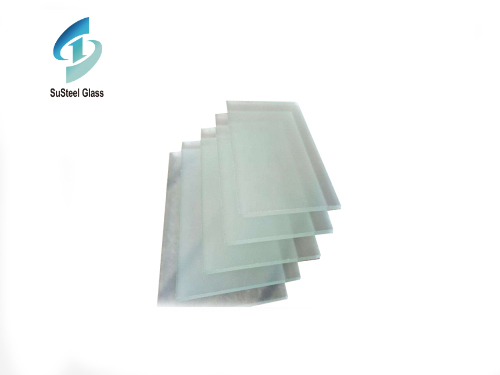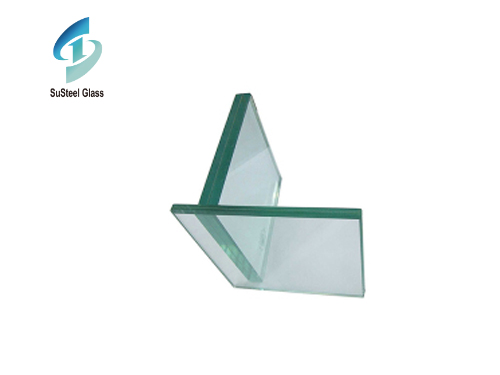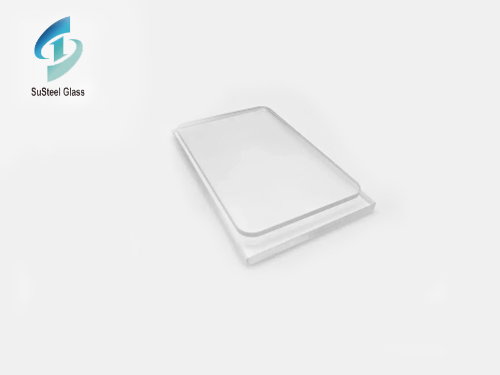Safety requirements for a
grey glass factory, which produces flat glass, involve a series of strict measures to ensure a secure working environment for employees. The production process often involves high temperatures, chemical substances, and large machinery. Here are some suggested safety requirements that may apply to a grey glass factory:
Personal Protective Equipment:
All personnel should wear appropriate personal protective equipment, including helmets, safety goggles, earplugs, gloves, and safety shoes, to prevent injuries or exposure to hazardous substances.
Training and Education:
All employees should receive relevant training, including equipment operation, emergency procedures, handling hazardous materials, etc. Regular safety training sessions should be conducted to maintain employees' safety awareness.
Fire Safety:
Ensure the facility is equipped with proper fire-fighting equipment, including fire extinguishers, fire hydrants, and automated fire suppression systems. Conduct regular fire drills to ensure employees know how to respond to a fire.
Machine Equipment Safety:
Regularly inspect and maintain all machinery to ensure proper functioning and reduce the risk of accidents. Establish clear procedures for the use of machinery and train employees to operate equipment according to these guidelines.
Chemical Management:
Properly manage chemicals involved in the process, including storage, use, and disposal. Provide appropriate protective equipment and training to ensure safe handling of hazardous chemicals.
High Temperature and Thermal Radiation Safety:
Provide protective clothing and equipment to ensure the safety of employees in high-temperature and thermal radiation environments. Establish work schedules and rest intervals to prevent excessive exposure to high temperatures.
Emergency Rescue Plan:
Develop detailed emergency rescue plans, including accident response and emergency evacuation procedures. All employees should be familiar with these plans, and regular drills should be conducted.
Workplace Cleanliness:
Maintain a clean and tidy workplace to ensure that there are no obstructions or debris that could affect production and safety.
Safety Monitoring:
Install and regularly inspect safety monitoring equipment, including smoke detectors, gas detectors, etc., to ensure their proper functioning.
These safety requirements are general suggestions, and specific requirements may vary based on the circumstances of the float glass factory. It is crucial for the factory to comply with local and national regulations and conduct regular safety assessments to ensure the safety of both employees and facilities.

 Exploring the Versatility and Elegance of Custom Thick Glass
Exploring the Versatility and Elegance of Custom Thick Glass
 Unveiling the Strength and Versatility of Laminated Glass: Exploring Material Properties
Unveiling the Strength and Versatility of Laminated Glass: Exploring Material Properties
 Enhancing Safety with Blast Resistant Glass: Innovations, Applications, and Protective Solutions
Enhancing Safety with Blast Resistant Glass: Innovations, Applications, and Protective Solutions
 Painted glass has emerged as a captivating medium for interior design
Painted glass has emerged as a captivating medium for interior design

